I have been invited to work with members of the Senegalese Society for Colposcopy and Papillomavirus Pathology (SSCPP) to co-direct a three-day training program in cervical cancer prevention for doctors and nurses in Dakar, Senegal in June 2025. This activity will be part of my volunteer activities with the American Society for Colposcopy and Cervical Pathology (ASCCP). I am part of ASCCP’s Committee on International Education and Community Outreach, whose objective is to help educate doctors and nurses in low- and middle-income countries on cervical cancer prevention. Volunteer teaching missions such as this upcoming project in Senegal, are offered at the request of international professional organizations, ministries of health, medical schools and NGOs. I will work with other volunteer faculty from ASCCP and local faculty to present a curriculum of lectures, simulations, and case studies on topics that will include Human Papillomavirus (HPV) vaccination and testing, screening and triage with visual inspection with acetic acid (VIA) and colposcopy and treatment with thermal ablation and loop excision procedure (LEEP/ LLETZ).
According to the World Health Organization (WHO), Cervical cancer is the most common cancer among women in Senegal with an age standardized incidence or 36.3 per 100,000 women and a mortality rate of 26.0. Only 21% of eligible girls and women have been fully vaccinated against HPV and only 9% of women aged 25-65 have ever been screened for cervical cancer. This falls far short of the WHO’s call to eliminate cervical cancer, targeting an incidence of only 4 cases per 100,000 women or their 2030 objectives of a vaccination rate of 90%, a screening rate of 70% and treatment rate of 90%. In association with my fellow faculty members, my activity in Senegal aims to contribute to the country’s achieving these goals and reducing the incidence and mortality from this potentially preventable cancer.
The women of the West African nation of Senegal will benefit from this project. Each year, an average of 1,937 women in Senegal are diagnosed with cervical cancer and 1,312 die from this disease. Cervical cancer is the most common cancer in women in this country. To prevent Senegalese women from getting cervical cancer, local doctors and nurses need up-to-date knowledge and training in current methods of preventing this potentially preventable disease, a disease that is rare in countries with well- developed vaccination and screening programs.
This training will help the Senegalese Society for Colposcopy and Papillomavirus Pathology (SSCPP) to advance its activities of training doctors and nurses in colposcopy and cervical cancer prevention. Working in conjunction with local experts and using up-to-date evidence-based information, we will provide the tools that can help the SSCPCV develop national management protocols. We anticipate that this program will help motivate local doctors and nurses in Senegal to increase the prevalence of HPV vaccination and cervical cancer screening. By training health care providers, we will both help them care for their patients and also pass the information on to the next generation of doctors and nurses. As more women get effectively screened, more women will expect cervical cancer screening to be a part of health maintenance. The ultimate result will snowball into the inevitable reduction in rates of this disease.
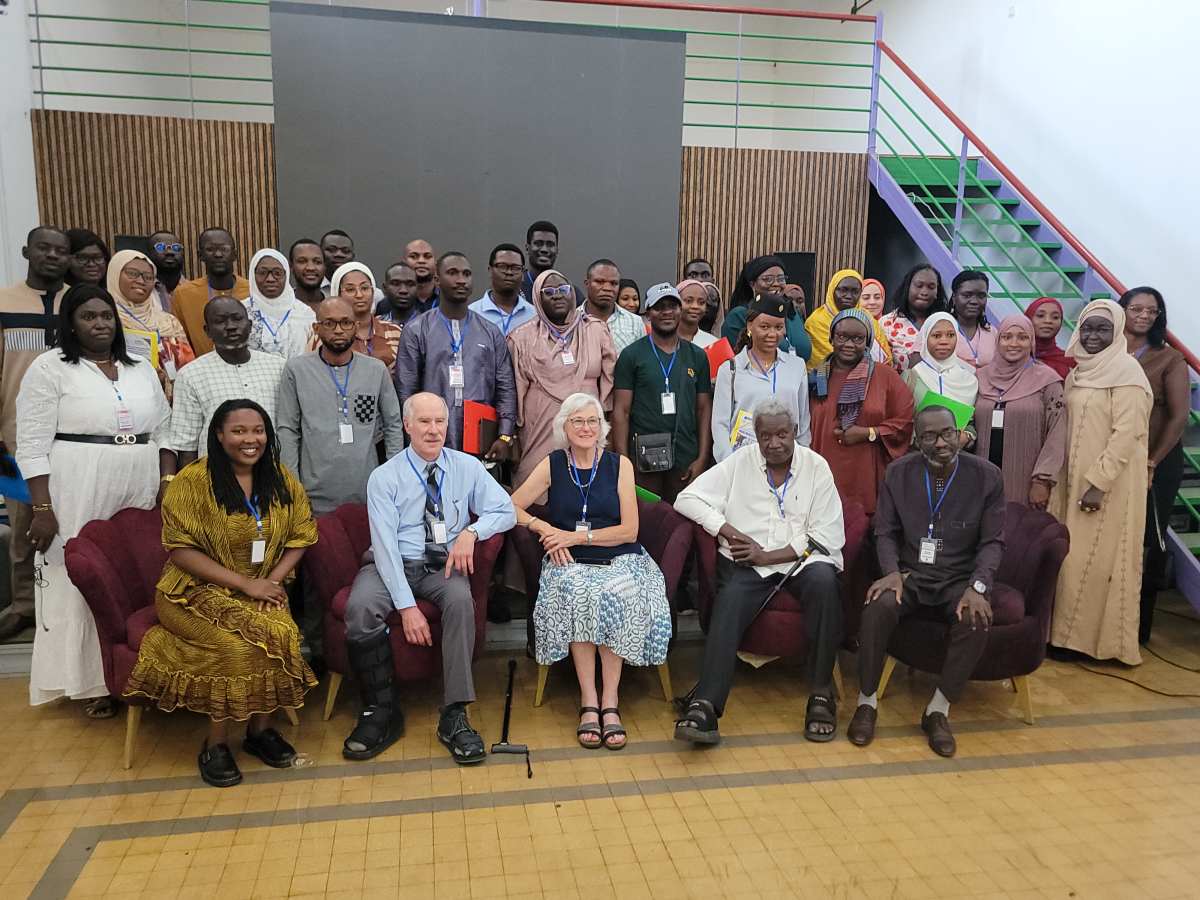
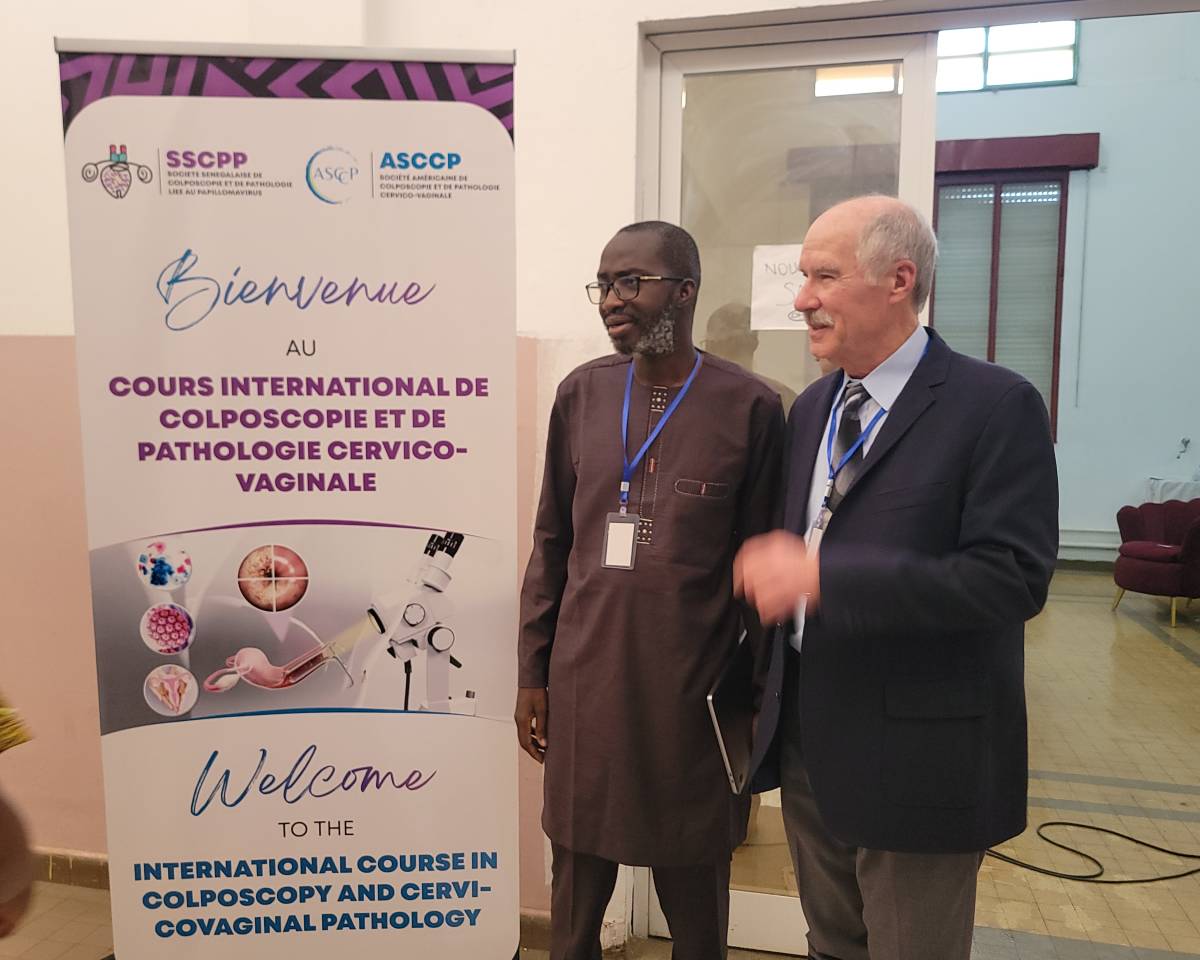

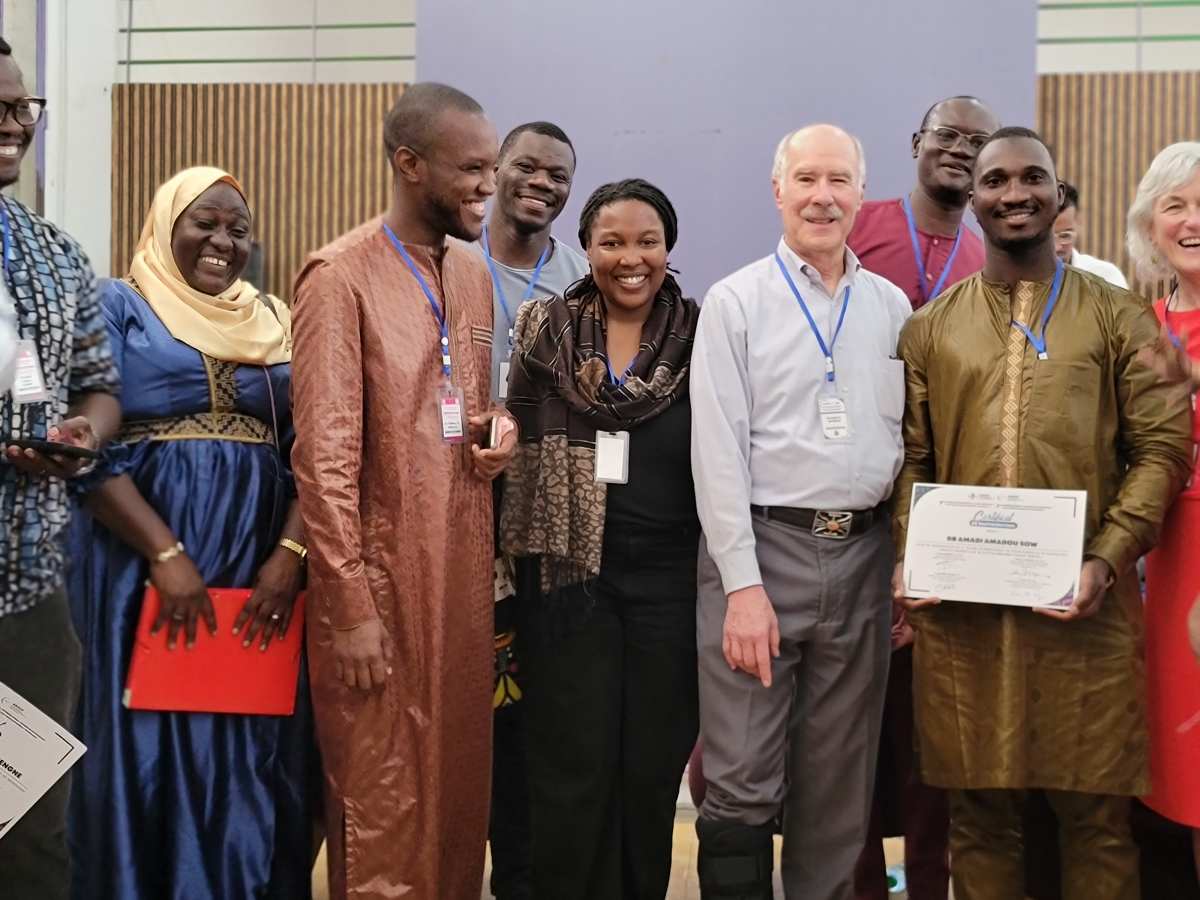
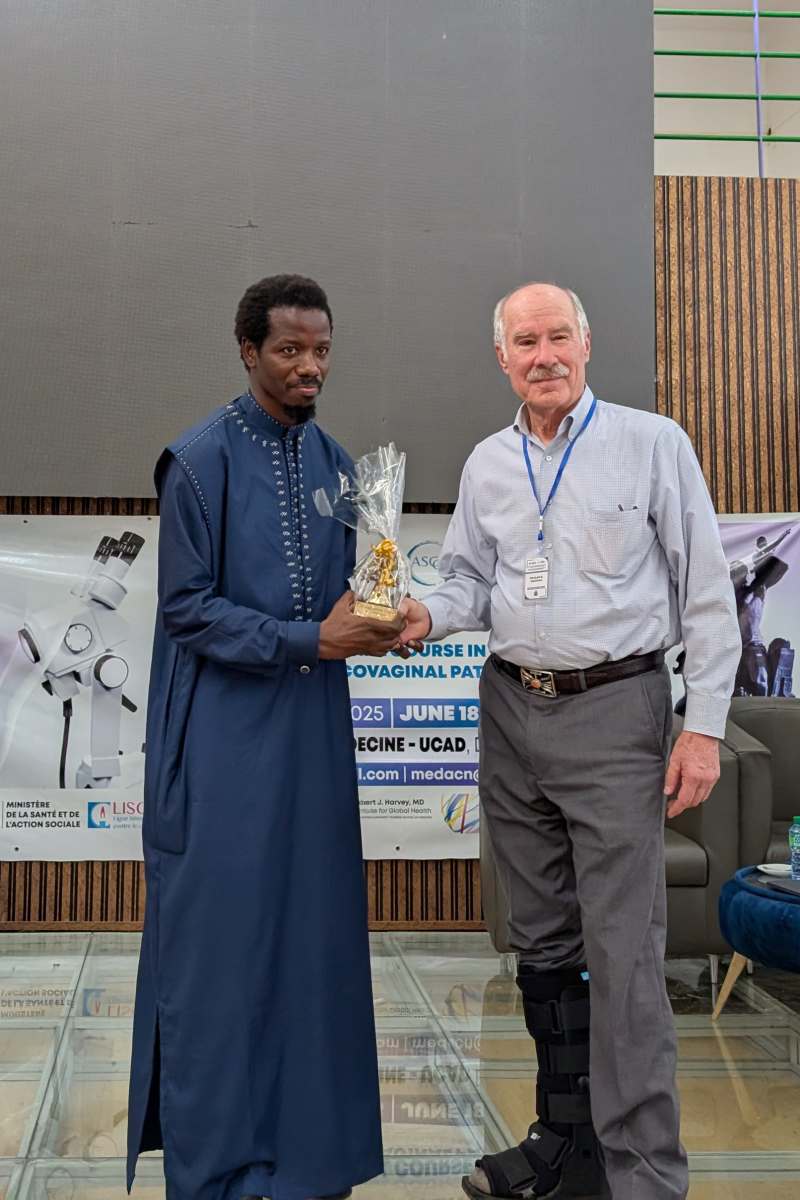
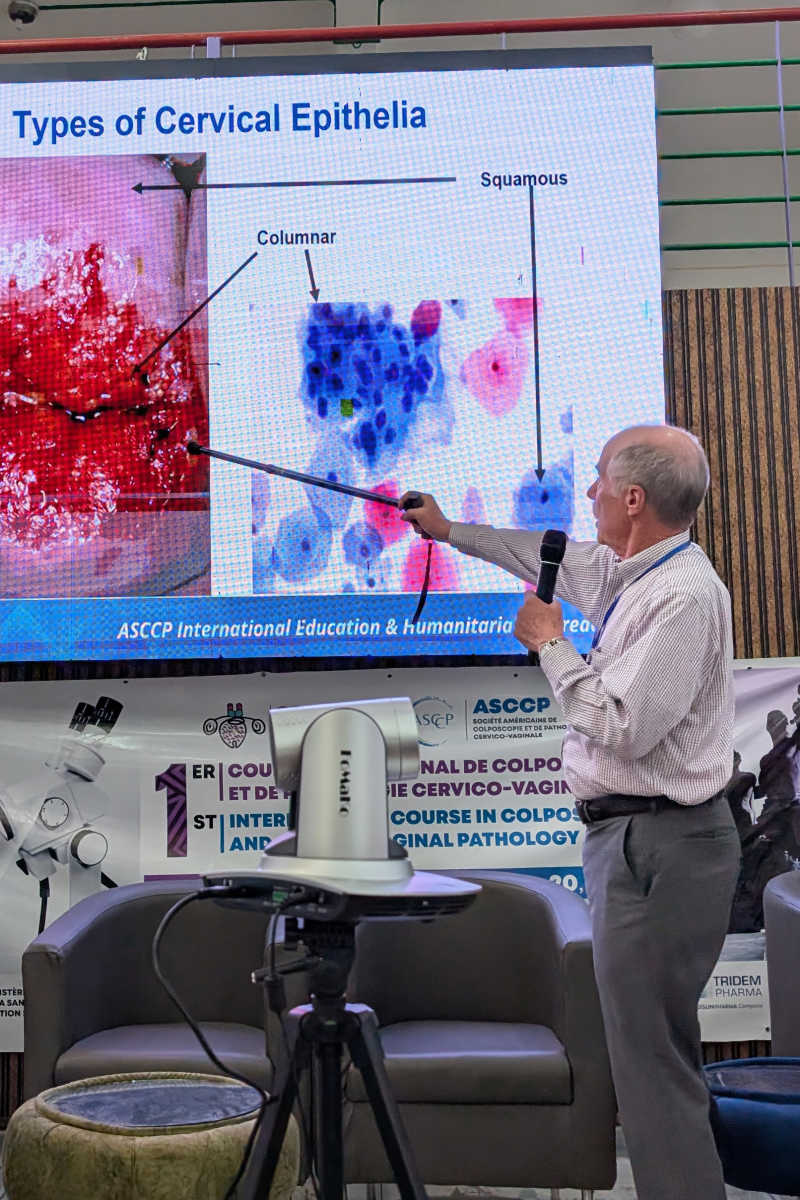



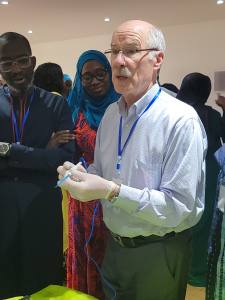




I was invited to Dakar, Senegal by the Senegalese Colposcopy Society as part of a delegation from ASCCP to teach in the Society's "First International Course on Colposcopy and Cervicovaginal Pathology". In addition to teaching, I was involved in developing the curriculum and recruiting the US faculty for this three day educational program. The course was attended by 50 physicians and nurses from 7 countries across North Africa, including gynecologists, surgical oncologists, pathologists and midwives, and residents. These professionals learned and reinforced the skills needed to screen, diagnose and treat precancerous lesions of the cervix. They will take this new knowledge back to their patients as well as to providers-in-training to help eliminate this cancer, the most common cancer killer of women in this part of the world.